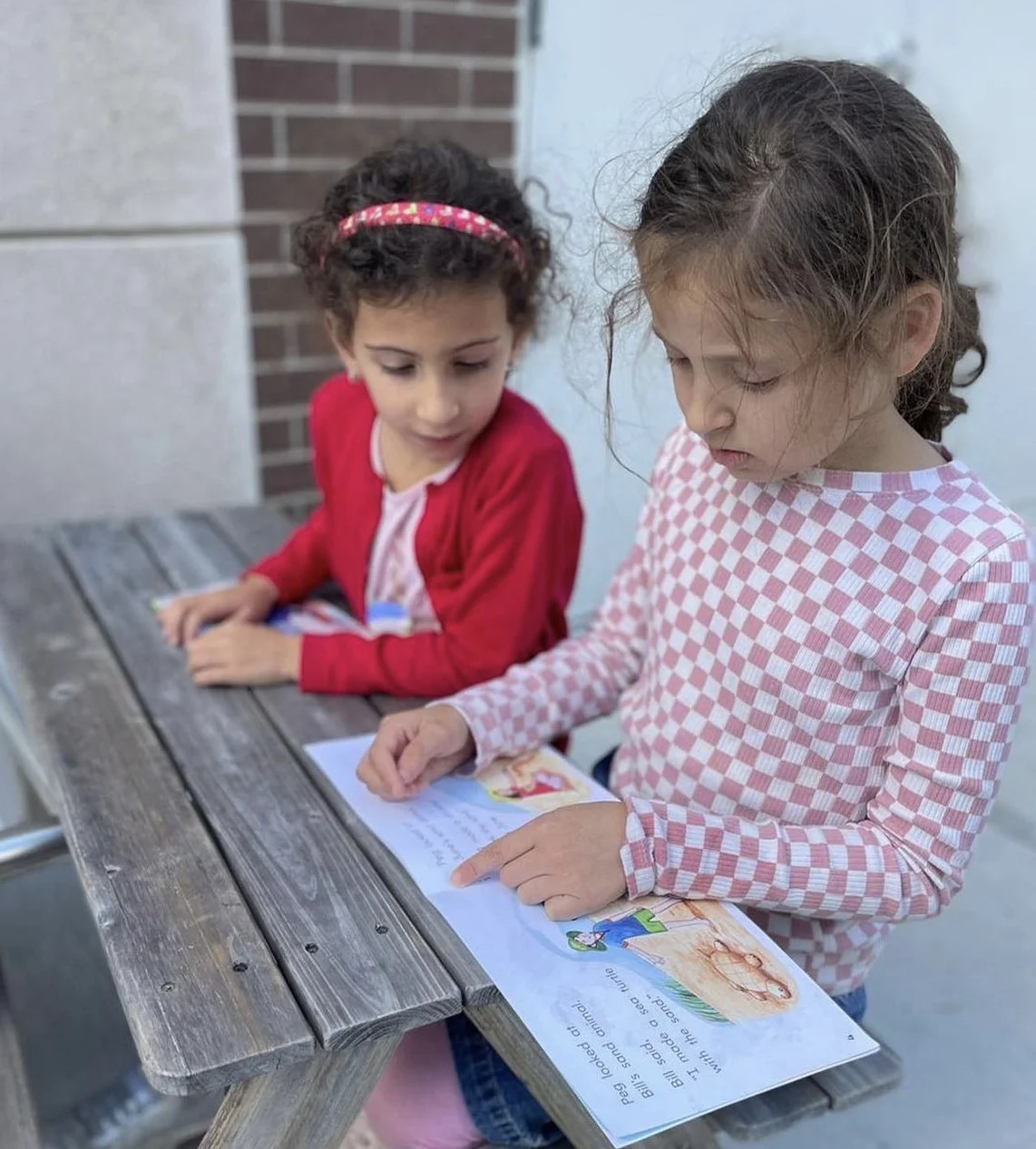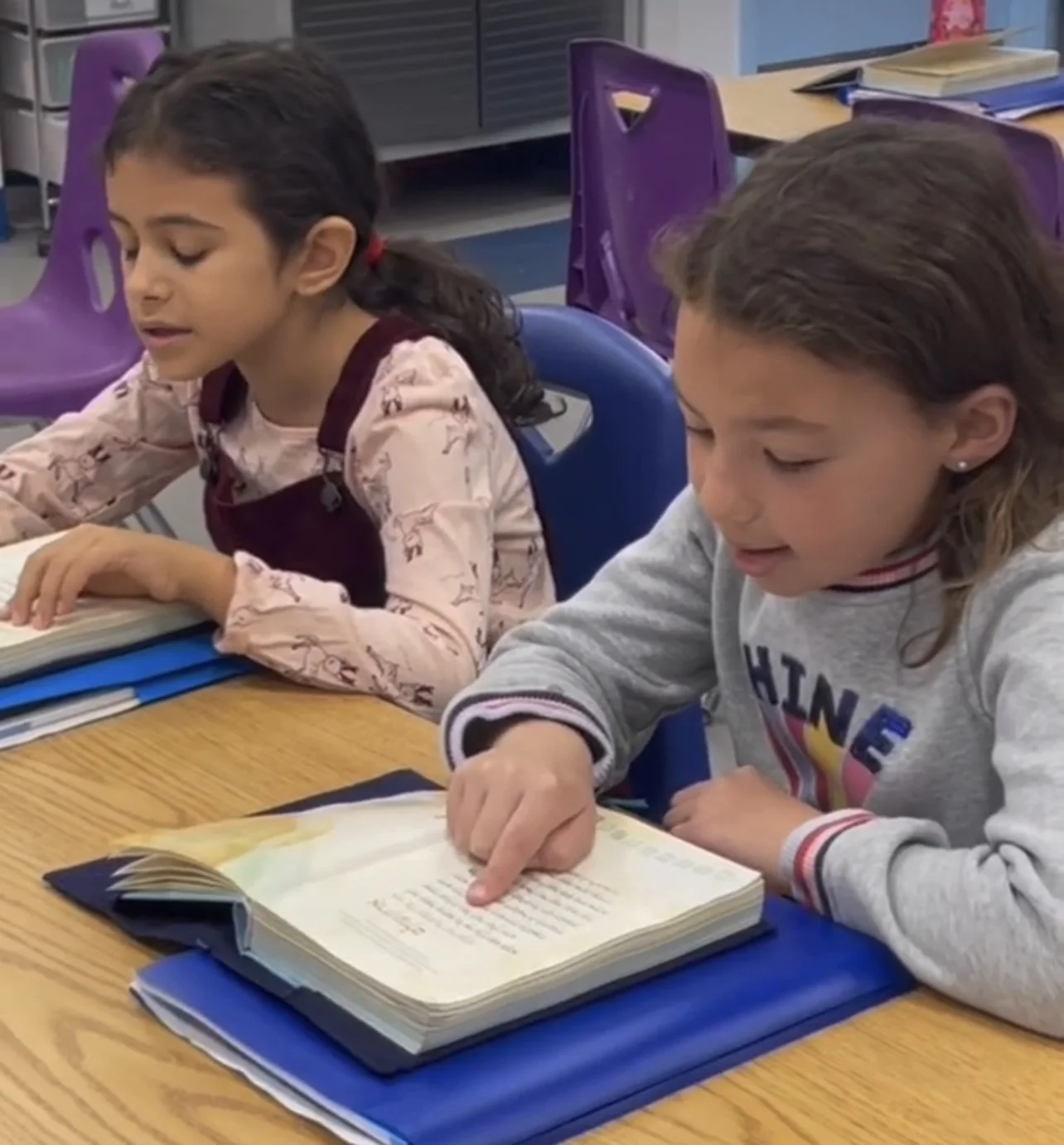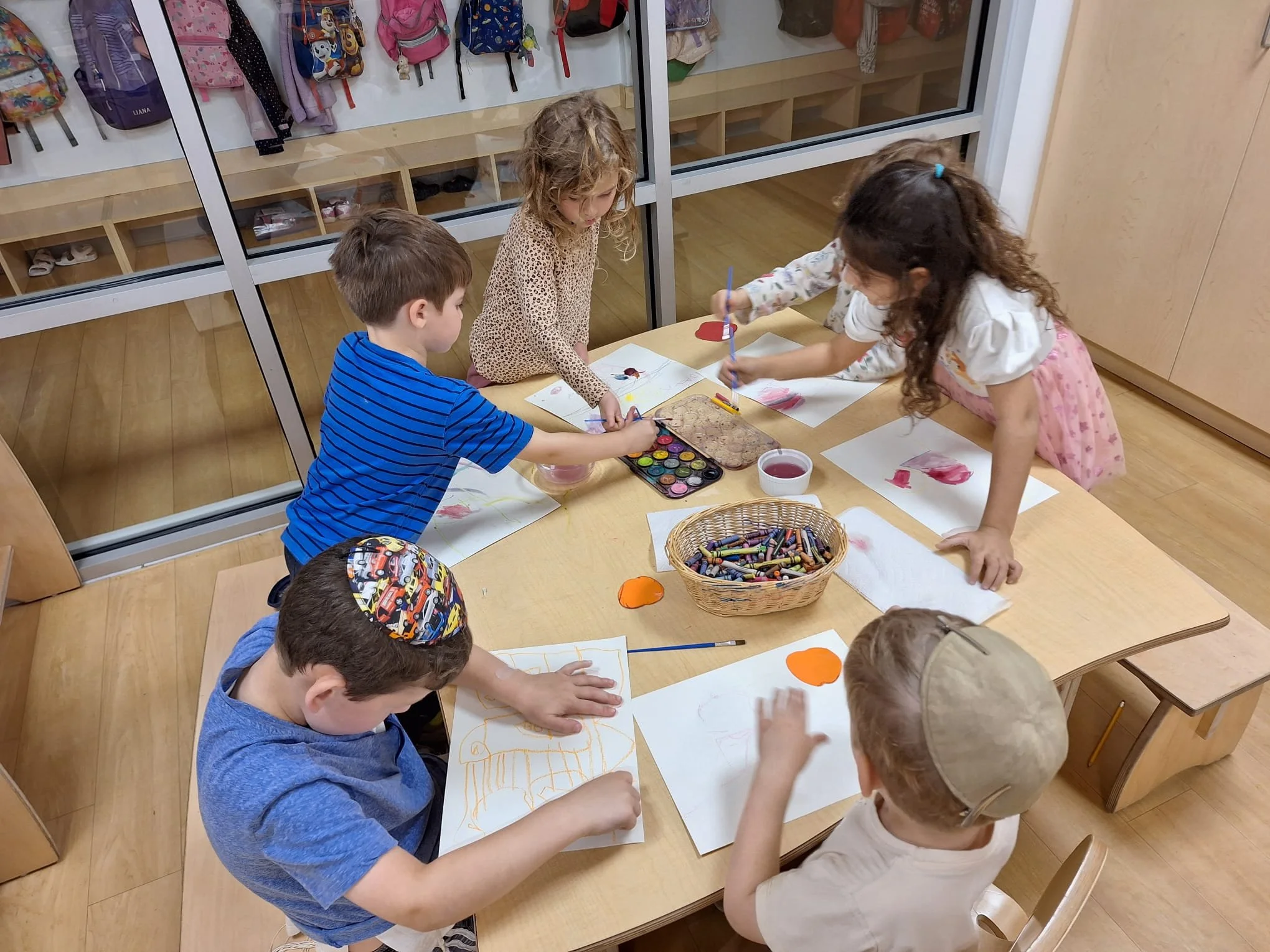Lower School
Our Lower School utilizes an innovative rotational model that blends teacher-led instruction, independent projects, and purposeful technology use. Students are grouped for each subject using real-time qualitative and quantitative data, allowing teachers to tailor instruction to their level and learning style. Simultaneously one group works directly with the teacher, one group completes an independent project, and one group uses technology. This approach ensures personalized attention while fostering the independence, focus, and motivation essential for lifelong learning. Rotations begin at 20 minutes in Grade 1 and gradually extend to 45 minutes by Grade 5, with technology used in short, meaningful bursts of no more than 15–20 minutes per subject.
Lower School Curricular Areas
-

Language Arts
From early decoding to comprehension, students acquire a love of reading and writing while exercising their creativity and engaging with topics of personal interest. We use Reading Street’s phonics-based methodology, as well as Trade Books and IXL.
-

Social Studies
Crafted to integrate the child and the larger world, this curriculum is based on the National Standards for Social Studies and covers both New York State and American history. Students build a working knowledge of history, holidays, geography, and culture.
-

Math
Using the Singapore Dimensions Math curriculum, students acquire a foundational understanding of math concepts as they build to independent problem solving.
-

Science
Our science curriculum is grounded in the scientific method and uses hands-on projects to teach electricity, biology, engineering, and more.
-

עִבְרִית | Hebrew
Students develop listening, speaking, reading, and writing skills using the iTalAm curriculum, mastering both modern and religious Hebrew language.
-
ידיעות כלליות | General Jewish Knowledge
Beginning in 2nd grade, we begin teaching students using the Chayenu curriculum on a wide variety of General Jewish Knowledge and Torah topics to bolster their knowledge of and connection to Judaism.
-

חֲגִים ותְפִלָה | Chagim & Tefillah
Daily tefillah is an essential element of the curriculum, offering an emphasis on recitation, meaning and kavanah. Each holiday is addressed using both iTalAm and creative projects.
-

תָּנָ״ךְ | Tanach
With both pshat and drash, students explore Bereshet in depth, while also covering Parshat haShavua and adding Rashi and Navi in the upper grades.
-

Music
For our younger students, music lessons focus on melody and Hebrew language. Beginning in third grade, students learn guitar & ukelele, focusing on music decoding, notation, chords, and song-writing.
-

Gym
Physical education starts with the foundational values of treating our bodies well and having fun. Students learn calisthenics, build key skills, and gain an understanding of sportsmanship and the rules of popular sports.
-

Art
By studying the works of famous artists, students gain the skills to analyze and recognize basic art principles and movements. Tapping into their own creativity, they also incorporate what they have seen into their own work.
Support Services
Our school social worker, Sophie Dobin, addresse all social-emotional needs throughout the building. A graduate of Yeshiva University’s Wurzweiler School of Social Work, Sophie brings a combination of warmth, energy, and expertise to her work. She has hands-on experience supporting students in school settings, working side by side with teachers to help children thrive both academically and emotionally. Sophie is passionate about building trusting relationships and creating a safe, supportive space where every student feels heard and valued.
She meets not only with children, teachers and parents on an individualized basis, but also implements social-emotional learning in the classrooms and will actively assess student academic needs when challenges arise.
Sophie also works with Rachel Mendelson, WTA Assistant Principal, to serve as our school’s Lower School Student Services Coordinator, guiding parents through the process of obtaining and implementing district and private services and meeting with students one on one or in small groups as needed.

